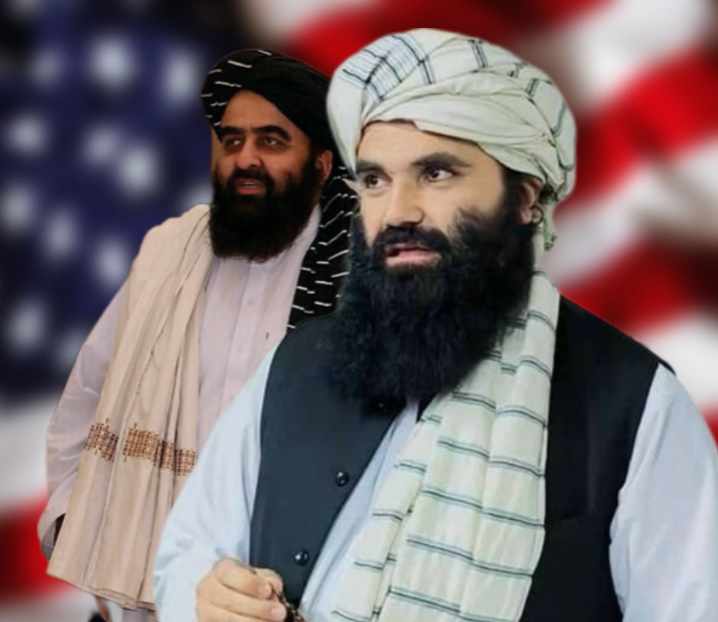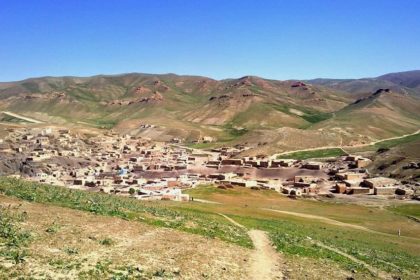RASC News Agency: Le Monde, the French daily, has reported on a gradual shift in Western engagement with the Taliban, reflecting a quiet alignment with the United Nations’ strategy for the group’s reintegration into global affairs. While once staunchly opposed to the Taliban, several Western governments have now established covert diplomatic channels, citing counterterrorism objectives and regional security concerns as their primary rationale. This strategic recalibration marks a departure from rigid opposition to a more pragmatic, security-driven approach, often at the expense of human rights considerations. The report highlights a series of clandestine meetings between U.S. intelligence officials (CIA) and Taliban representatives in Doha and Kabul, signaling a shift from outright confrontation to calculated diplomacy. Faced with rising security threats, Western nations have increasingly deprioritized human rights advocacy particularly women’s rights in favor of strategic realism and regional stability.
Le Monde also references the withdrawal of diplomatic convoys from Kabul airport in late 2024, a moment symbolizing the beginning of a new, albeit uneasy, phase in Taliban-international relations. As Western powers grapple with the Taliban’s resurgence, they appear to be choosing engagement over isolation, prioritizing security and economic imperatives over ideological opposition. Further reinforcing this shift, the report details a meeting between Amir Khan Muttaqi, the Taliban’s Foreign Minister, and Adam Boehler, the U.S. Special Envoy for Hostage Affairs. In this dialogue, Muttaqi urged Washington to move beyond the legacy of the 20-year conflict and reestablish economic and political ties.
Shortly thereafter, the United States lifted sanctions on three senior Taliban officials, including Sirajuddin Haqqani, a move widely interpreted as a significant policy shift and a step toward formalized diplomatic engagement. This development raises critical questions about whether Washington is laying the groundwork for deeper cooperation with the Taliban or merely pursuing short-term tactical objectives. While Britain, Germany, Denmark, and the Netherlands maintain regular but unofficial diplomatic contact with the Taliban, France and Canada remain steadfast in their hardline stance, refusing to engage with the regime. Le Monde notes that these European interactions remain deliberately low-profile, reflecting the delicate balance between strategic necessity and public opposition to legitimizing the Taliban.
A pivotal element of the report is the Taliban’s ongoing efforts to present a more moderate global image, spearheaded by the Haqqani network, which has actively sought to expand the group’s diplomatic and economic ties. However, deep ideological fractures within the Taliban continue to complicate these efforts. At the heart of the Taliban’s internal strife lies a growing rift between the hardline Kandahar faction, led by Haibatullah Akhundzada, and the more diplomatically pragmatic Haqqani faction, led by Sirajuddin Haqqani. While the Haqqani faction pushes for international engagement, the Kandahar leadership remains committed to the group’s rigid, oppressive governance model, particularly regarding women’s rights and social freedoms.
These ideological and strategic divergences pose a significant question: Will the Taliban’s internal divisions lead to policy reforms, or will the group’s hardliners maintain their grip on power, thwarting any potential moderation? Le Monde’s report underscores the slow but undeniable evolution of global diplomacy concerning the Taliban. Western governments, while engaging in discreet negotiations, remain wary of the group’s long-term intentions, particularly regarding human rights and governance.
This complex and controversial diplomatic balancing act presents several pressing questions:
Can the Taliban genuinely reform in exchange for broader international recognition?
Will Western nations justify continued engagement despite the group’s ongoing repression of its own people?
Or is this merely a transactional relationship, where security imperatives override moral considerations?
As the Taliban navigates internal power struggles and external diplomatic pressures, the world watches cautiously, uncertain whether these engagements will lead to substantial change or merely reinforce the status quo.






